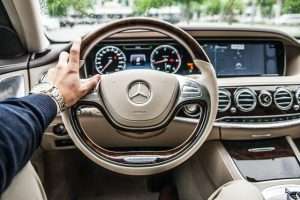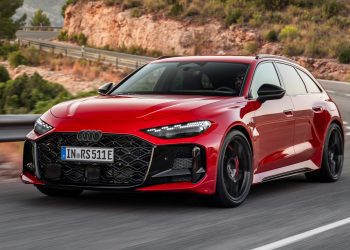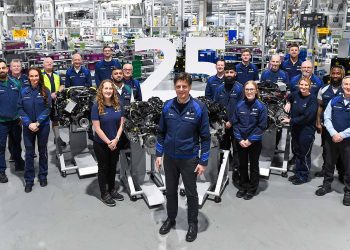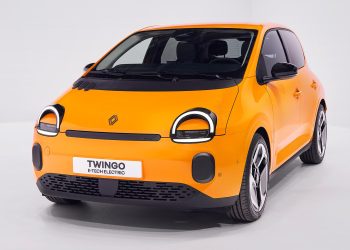 Making the choice between a new car and a used car can be a challenging decision for prospective car buyers. Each option comes with its unique benefits and considerations, necessitating a careful evaluation of various factors. In this extensive article, we will delve into the essential aspects that can influence your decision between a new car and a used car. By the end, you will be better equipped to discern which option aligns best with your preferences, needs, and financial situation.
Making the choice between a new car and a used car can be a challenging decision for prospective car buyers. Each option comes with its unique benefits and considerations, necessitating a careful evaluation of various factors. In this extensive article, we will delve into the essential aspects that can influence your decision between a new car and a used car. By the end, you will be better equipped to discern which option aligns best with your preferences, needs, and financial situation.
Cost Analysis
Cost is a significant factor that plays a pivotal role in car purchasing decisions. New cars often come with higher price tags due to their zero mileage and advanced features. Conversely, used cars usually offer a more economical option, as they have undergone some depreciation. If financial constraints are a primary concern, a used car may be the more viable choice.
At Reg Check UK, you can obtain a car valuation, enabling you to understand the potential cost of a vehicle and aiding you in negotiating more effectively.
Depreciation Evaluation
New cars are subject to rapid depreciation during their initial years of ownership. Within the first few years, a new car’s value can considerably decline. On the contrary, used cars have already experienced some depreciation, resulting in a relatively slower loss of value over time.
Warranty and Dependability
New cars typically come with comprehensive manufacturer warranties, offering reassurance regarding potential repairs and maintenance expenses. These warranties often have specific coverage periods or mileage limitations, providing added peace of mind during the early ownership stage. However, used cars may have limited or no warranty coverage, necessitating more personal responsibility for repairs.
Technology and Features
New cars often boast cutting-edge technology and advanced features, catering to the preferences of tech-savvy consumers. Innovations in safety features, infotainment systems, and fuel-efficient engines are commonly found in new models. However, used cars may also offer modern amenities, though not necessarily the latest technology.
Personalisation Options
New cars allow buyers to personalize their vehicles, selecting specific colours, trims, and optional packages to match individual preferences. In contrast, used cars offer limited customization options, as they are sold as-is.
Maintenance and Repairs
A used car may require more frequent maintenance and occasional repairs due to their older age and accumulated mileage. New cars, being fresh from the factory, generally experience fewer repairs during the early stages of ownership. Nevertheless, regular maintenance and responsible driving practices can help mitigate repair costs in both cases.
Financing and Insurance Considerations
Financing options may differ between new and used cars, with new car financing possibly offering more favourable interest rates. Insurance premiums can also vary, as used cars generally have lower replacement values, leading to potentially lower insurance costs.
Environmental Impact
From an environmental perspective, purchasing a new car may support the production of fuel-efficient models with reduced emissions. In contrast, choosing a used car promotes sustainability by extending the lifespan of existing vehicles and reducing overall carbon footprint.
Conclusion
The decision between a new car and a used car is subjective, depending on individual preferences, priorities, and financial circumstances. New cars boast the latest features, comprehensive warranties, and customization options, but they come at higher prices and experience faster depreciation. Conversely, used cars offer affordability, slower depreciation, and potentially lower insurance costs, although they may require more maintenance.

































